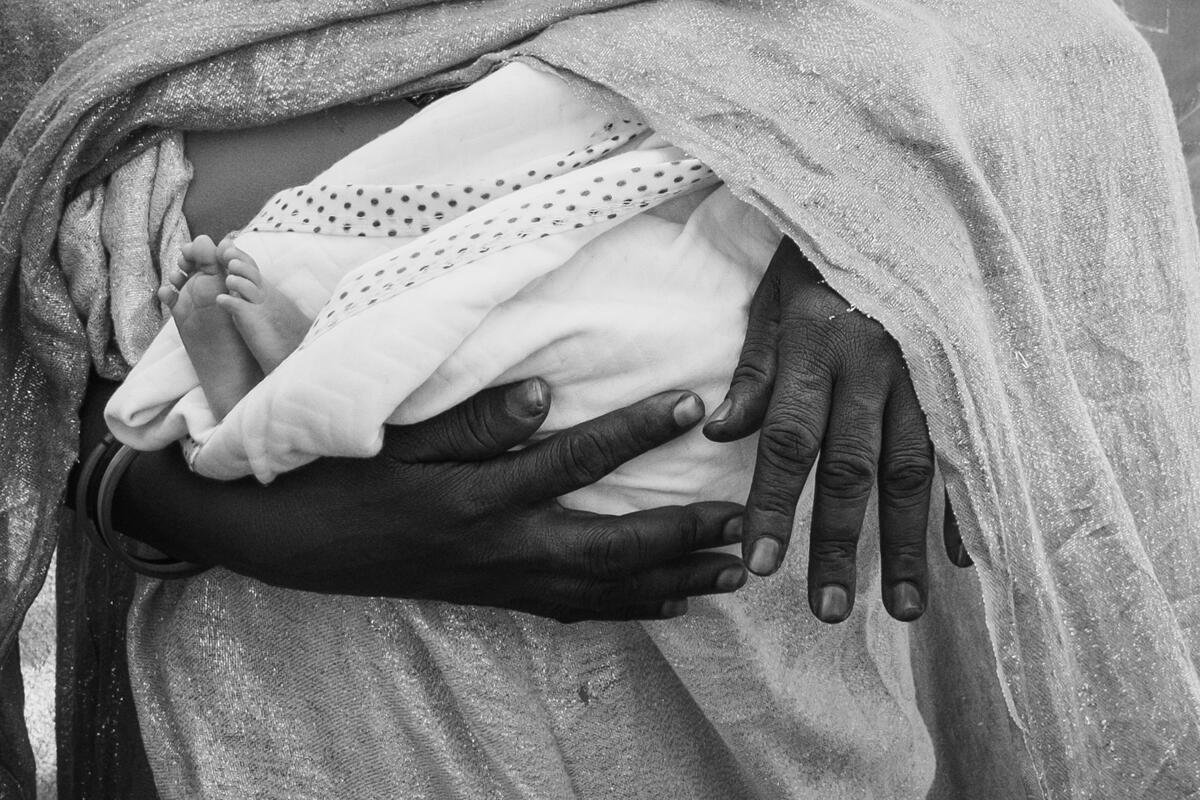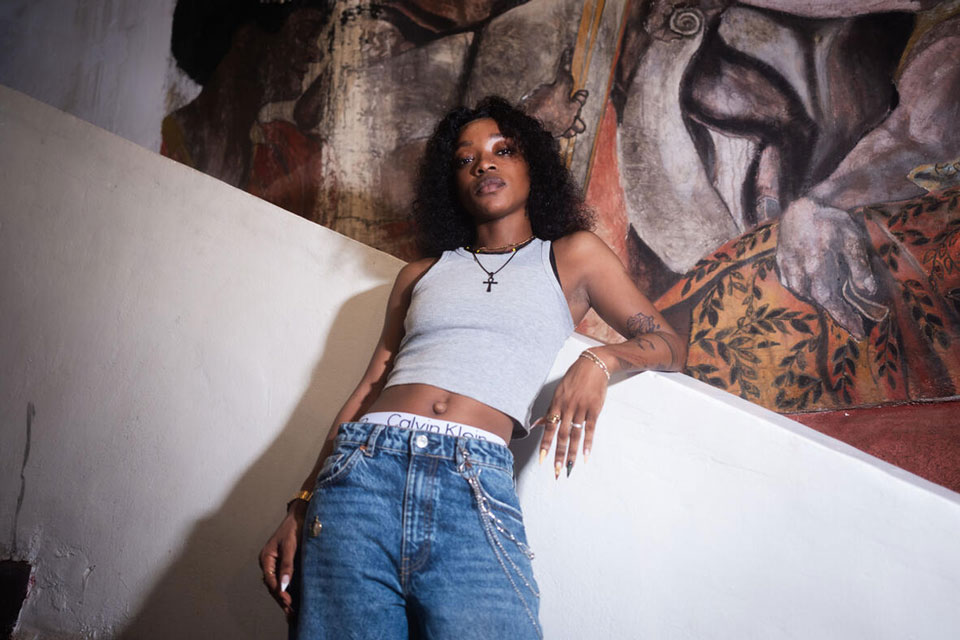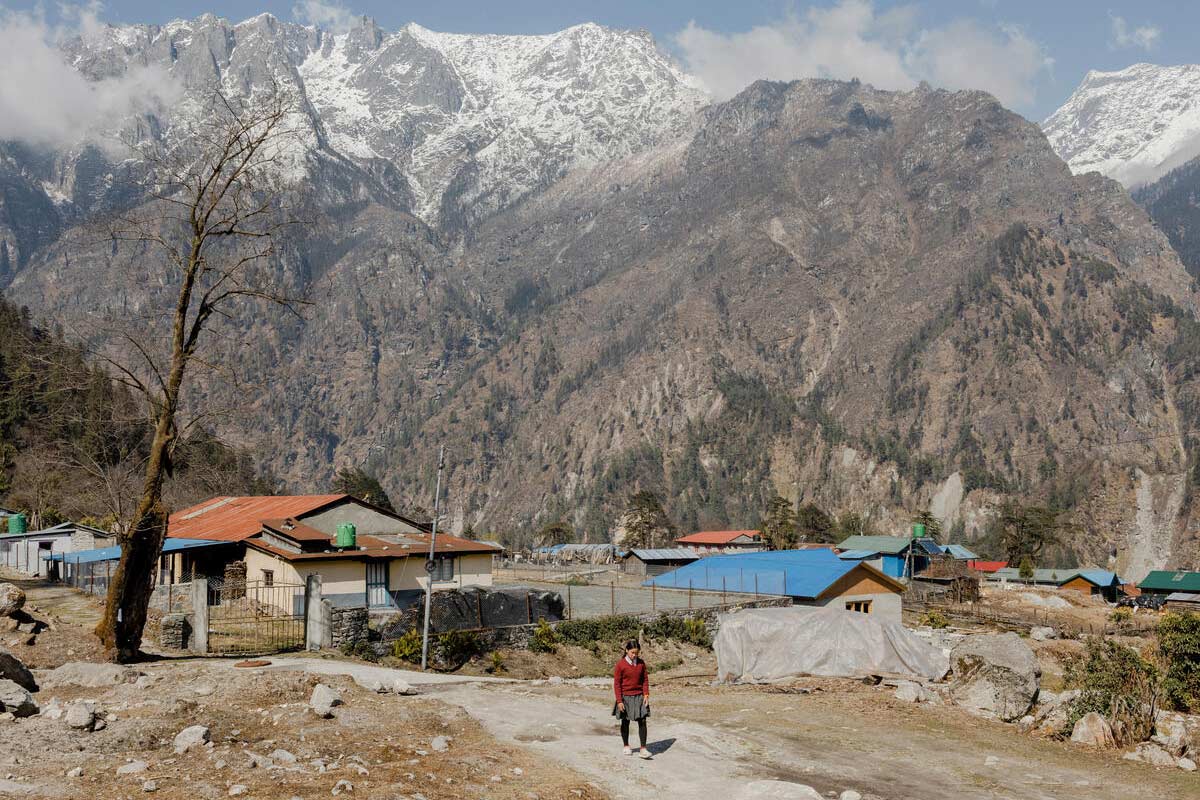Introducing the Malaria Vaccine In Nigeria
In December 2024, Magnum photographer Jérôme Sessini traveled to Nigeria to document the historic introduction of the malaria vaccine, supported by Gavi, the Vaccine Alliance
- 24 July 2025
- 5 min read
- by Magnum Photos
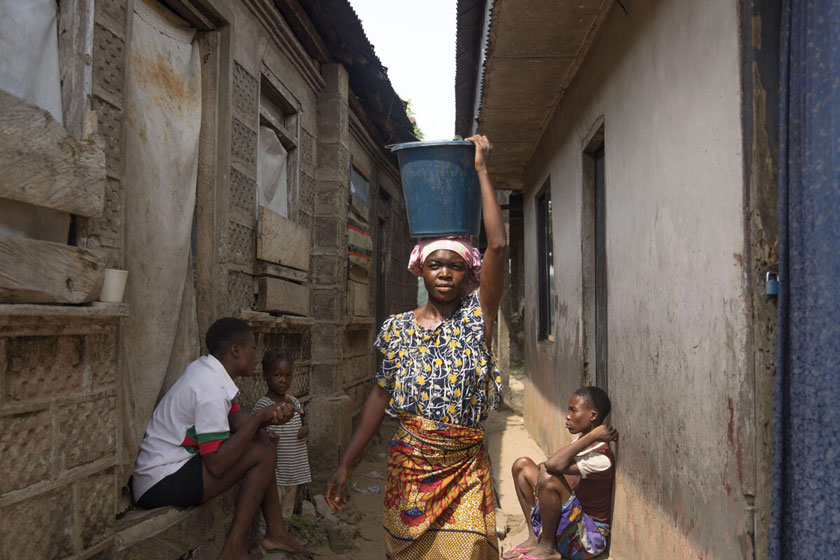
This story is included in a four-part series featuring Magnum photographers Nanna Heitmann, Salih Basheer, Jérôme Sessini and Newsha Tavakolian, who collaborated with Gavi, the Vaccine Alliance, to document the impact Gavi-supported vaccines are having around the world. The project aligned with the 2025 Global Summit: Health and Prosperity through Immunization on June 25 in Brussels, where the photographers presented an exhibition of their work.
In December 2024, Magnum photographer Jérôme Sessini and his translator, Gift, traveled to the southern state of Bayelsa in Nigeria, where Gavi, the Vaccine Alliance, UNICEF and WHO are supporting the Nigerian Ministry of Health to deliver one million doses of the malaria vaccine to children from five months old. Introduced into Nigeria’s routine immunization schedule, the vaccine is a monumental step in fighting malaria and saving thousands of lives.
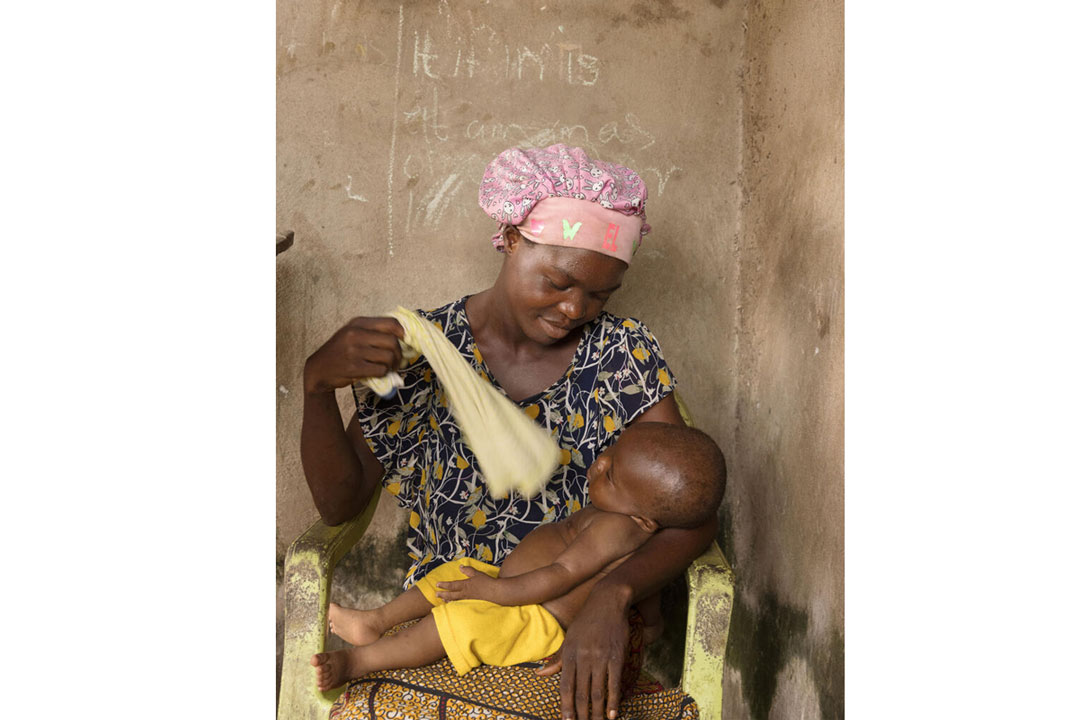
“To tell the truth, I didn’t believe that ordinary malaria could kill anyone, especially a baby,” 23-year-old mother Permanent, who lives in Bayelsa, told Sessini. Two years ago, Permanent was faced with a devastating loss when her five-month-old baby died of malaria. When the malaria vaccine became available, she didn’t hesitate to vaccinate her son, Talent, when he was six months old.
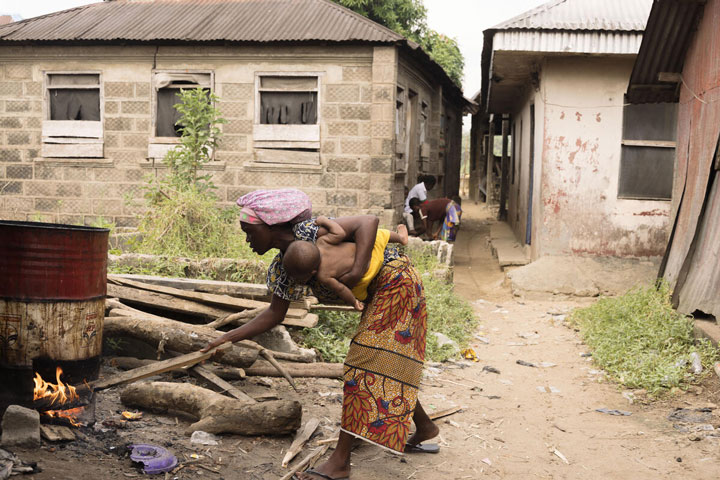
The campaign, first launched in November 2024 in Bayelsa and in the northwestern state of Kebbi, came as an enormous relief to Permanent: “When the health workers came and told me that the malaria vaccine was now available for little children, I was very happy,” Permanent said. “In my heart, I decided that even if the dosage lasted for a year, I would ensure my baby got it regularly.”
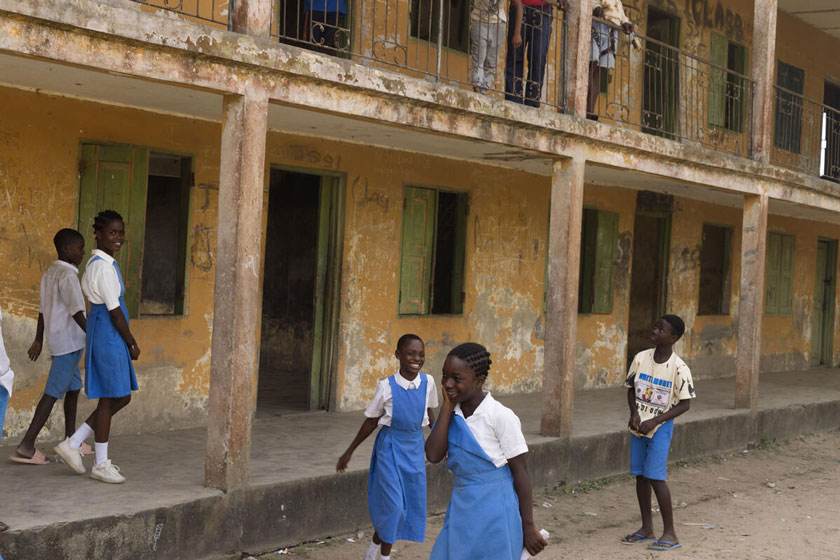
Nigeria, Africa’s most populated country, carries the heaviest global burden of malaria, with approximately 263 million cases and nearly 200,000 deaths in 2023, according to WHO’s latest World Malaria Report. This is equivalent to approximately 27% of global cases, and 31% of malaria deaths worldwide. Children under five and pregnant women are most at risk for the disease: in 2021, 22% of Nigeria’s children from six months to five years old were diagnosed with malaria. Certain states have been more severely affected — in Kebbi, up to 49% of children in this age group were diagnosed.
Have you read?
Although the percentage of malaria deaths in babies around the world has declined since 2000, Nigeria still accounts for almost 40% of global malaria deaths in children under five. Permanent is one of many Nigerian parents who have lost a child to the disease.
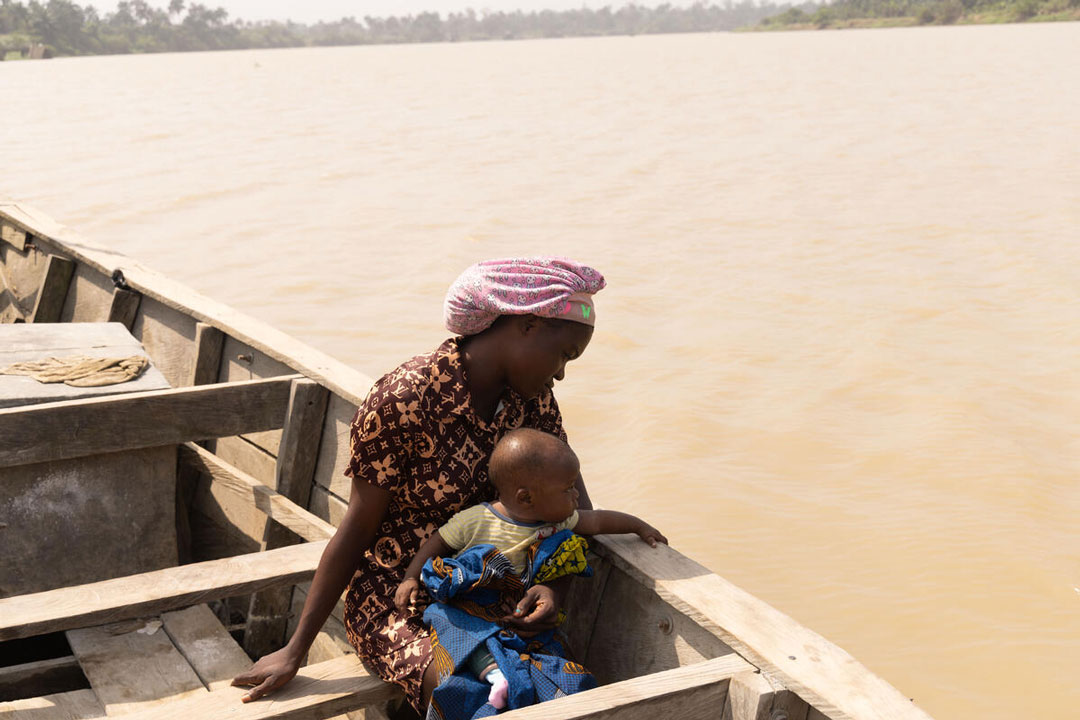
“When he contracted malaria, I thought it was something else,” she said. “I took him to a pharmacy, and after testing him, they said he had severe malaria and needed to be treated. At the time, I didn’t have any money, but the pharmacist gave me a syrup to give him.” When his symptoms persisted, Permanent took him to the hospital where they gave her a similar treatment to take home, but sadly, it was too late. “The next morning, the baby was weak. My mom suggested we rush him to a nearby hospital, but unfortunately, he died before we were attended to.”
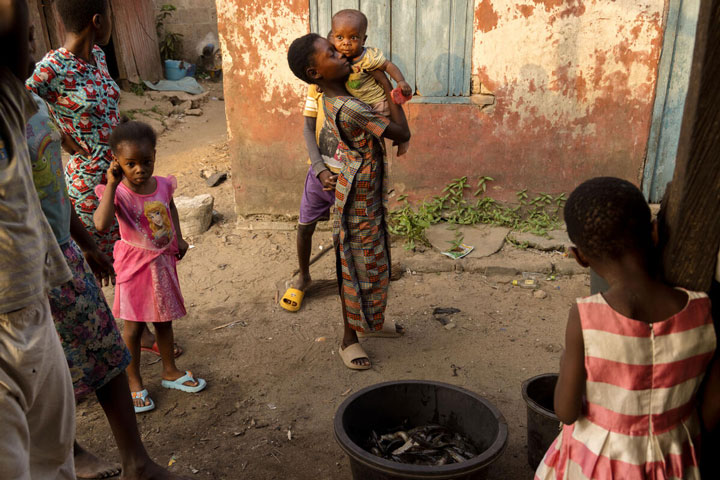
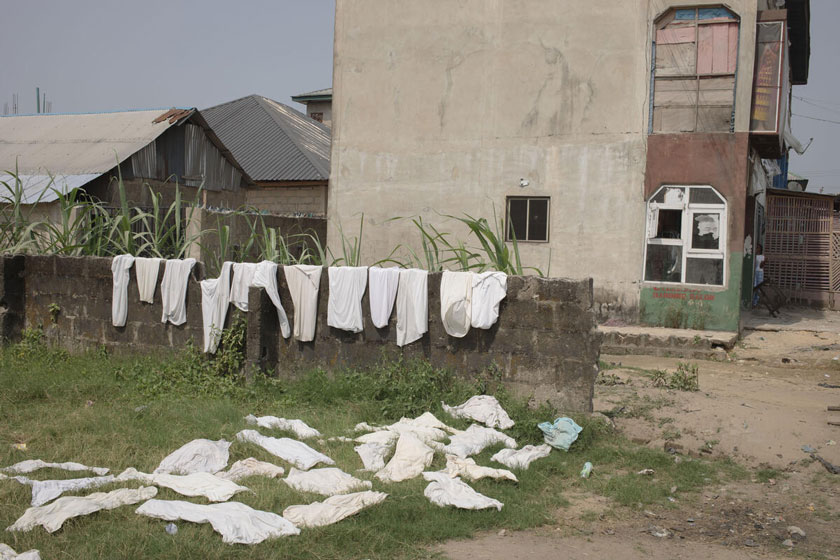
Lower-income households are at higher risk for malaria, reflecting the weight that economic status can have on disease outbreaks in the population. Permanent has had to rely on the tireless efforts of her community: “When I lost my baby, people came to our house. […] When something happens, the community leaders ensure they get involved and settle things. The women are very cooperative; they make sure that everyone’s farm is attended to. When someone is sick, the community comes together to donate money for medicine and treatment.” The Gavi-backed campaign against malaria aims to relieve some of this social and financial strain while strengthening the country’s protection against the disease.
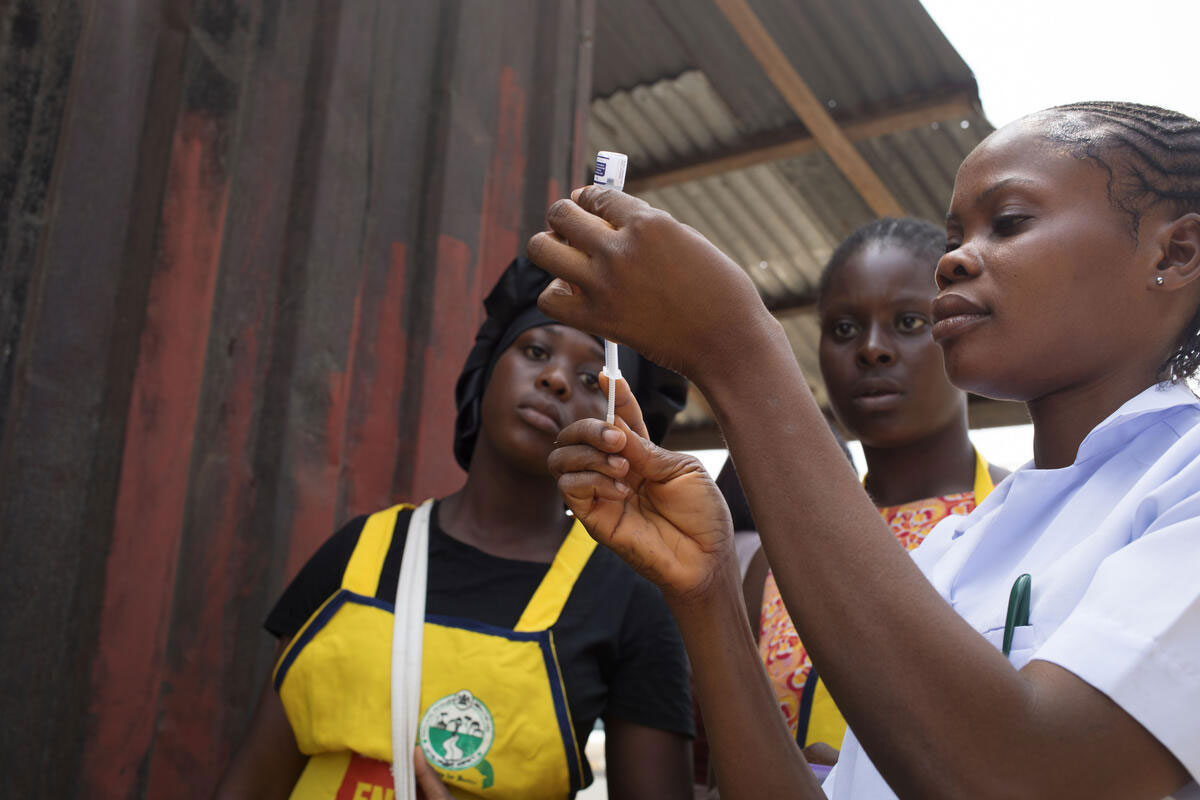
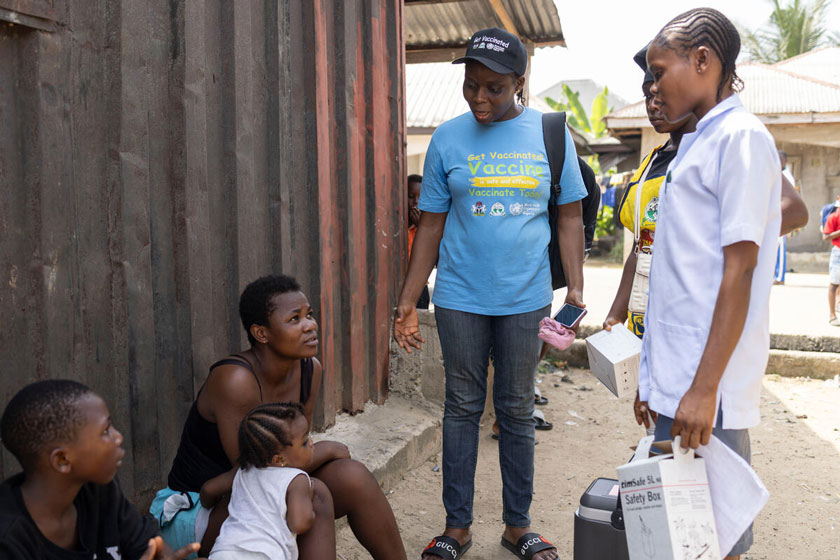
Sessini and Gift followed the Ministry of Health’s outreach team, led by vaccinator Itu and funded by Gavi, as they went door to door in the Onuegbu community, asking parents if their children under five months had received the malaria vaccine. The vaccine schedule involves four doses, with the first administered at approximately five months of age, the second at six months, the third at seven months, and a booster dose at 15 months (up to 23 months or later if delayed).
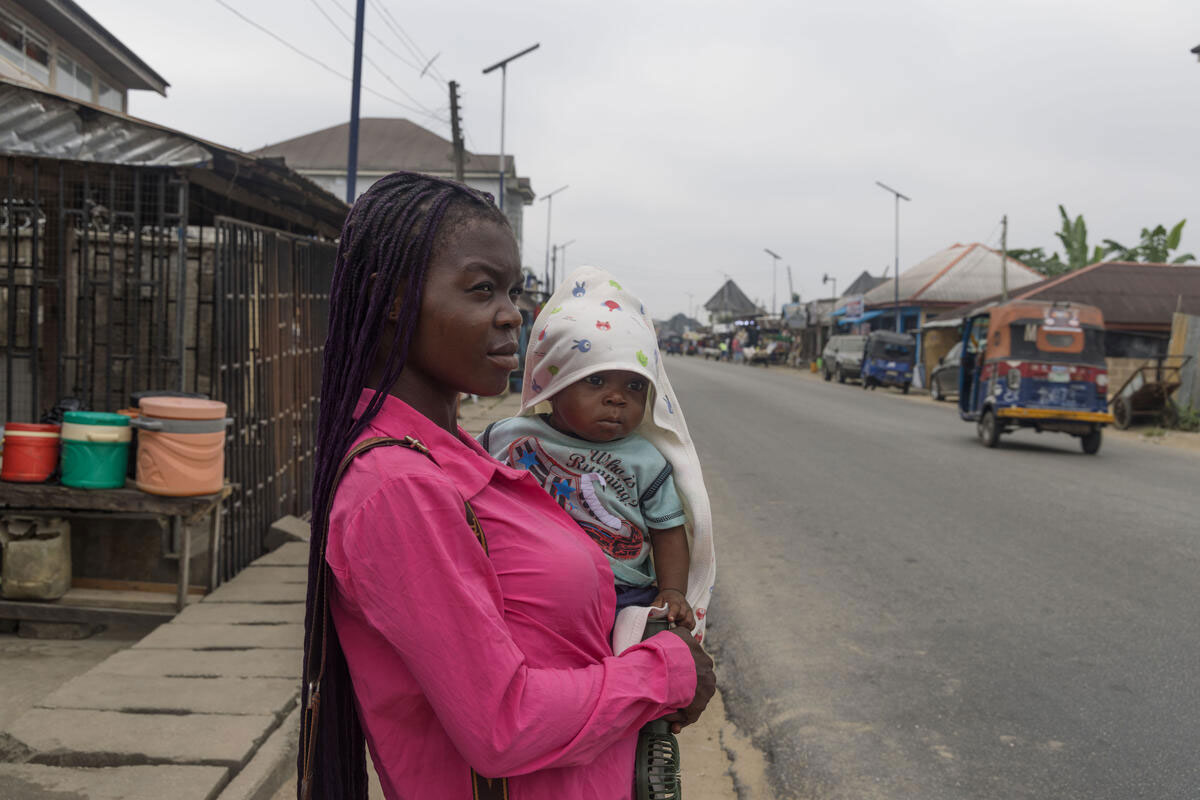
The malaria vaccine gave Permanent a hopeful outlook for the future: “When I heard about the malaria vaccine, the first thing that came to my mind was ‘Thank God’, and that it would not pass me by. Giving my child the first dose of the malaria vaccine means that my baby will be okay, and what happened to my late child won’t happen again,” she told Sessini.
Talent’s vaccination is also helping Permanent recover from her loss: “My mind is at peace with the vaccine,” Permanent said, “[…] When he grows up, I will tell him about the malaria vaccine, how it came about, how it affected his late brother, and how I made sure he was vaccinated to stay healthy,” she said.
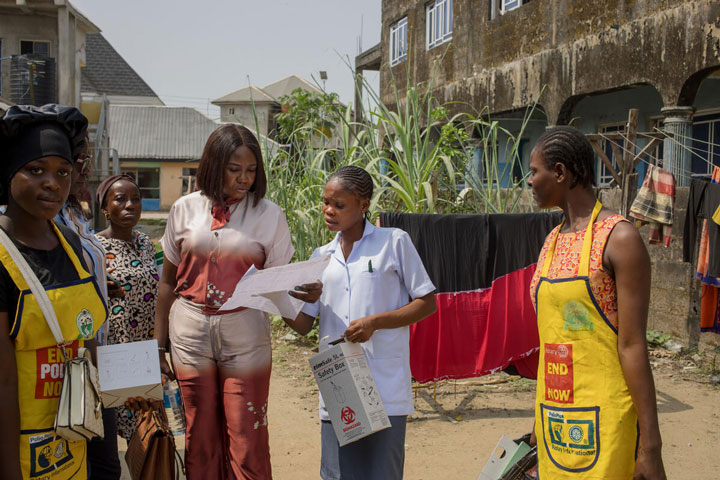
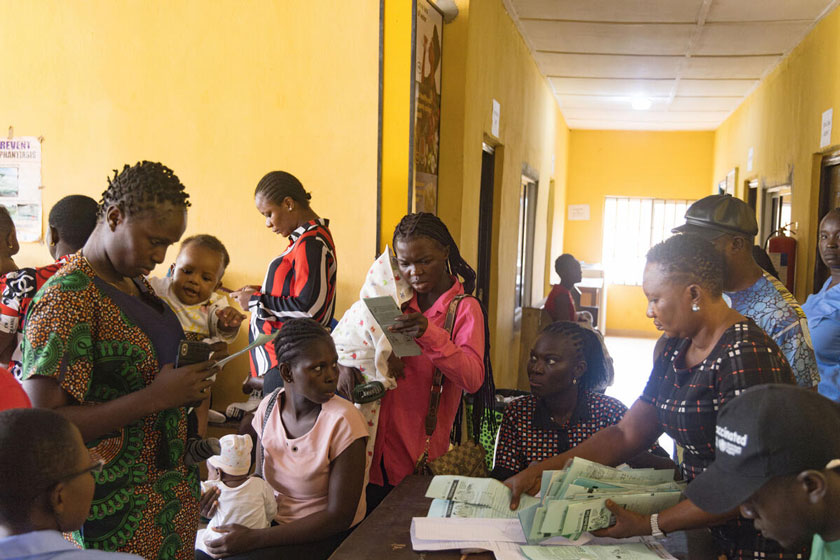
The vaccination campaign aligns with Nigeria’s National Malaria Elimination Program, which aims to “reduce mortality attributable to malaria to less than 50 deaths per 1,000 live births by 2025.”
“The arrival of the malaria vaccine is a monumental step in our national efforts to reduce malaria morbidity and mortality,” said Professor Muhammad Ali Pate, Coordinating Minister of Health and Social Welfare. “With the support of UNICEF, Gavi, and WHO, we are on a path towards achieving our goal of a malaria-free Nigeria.”
